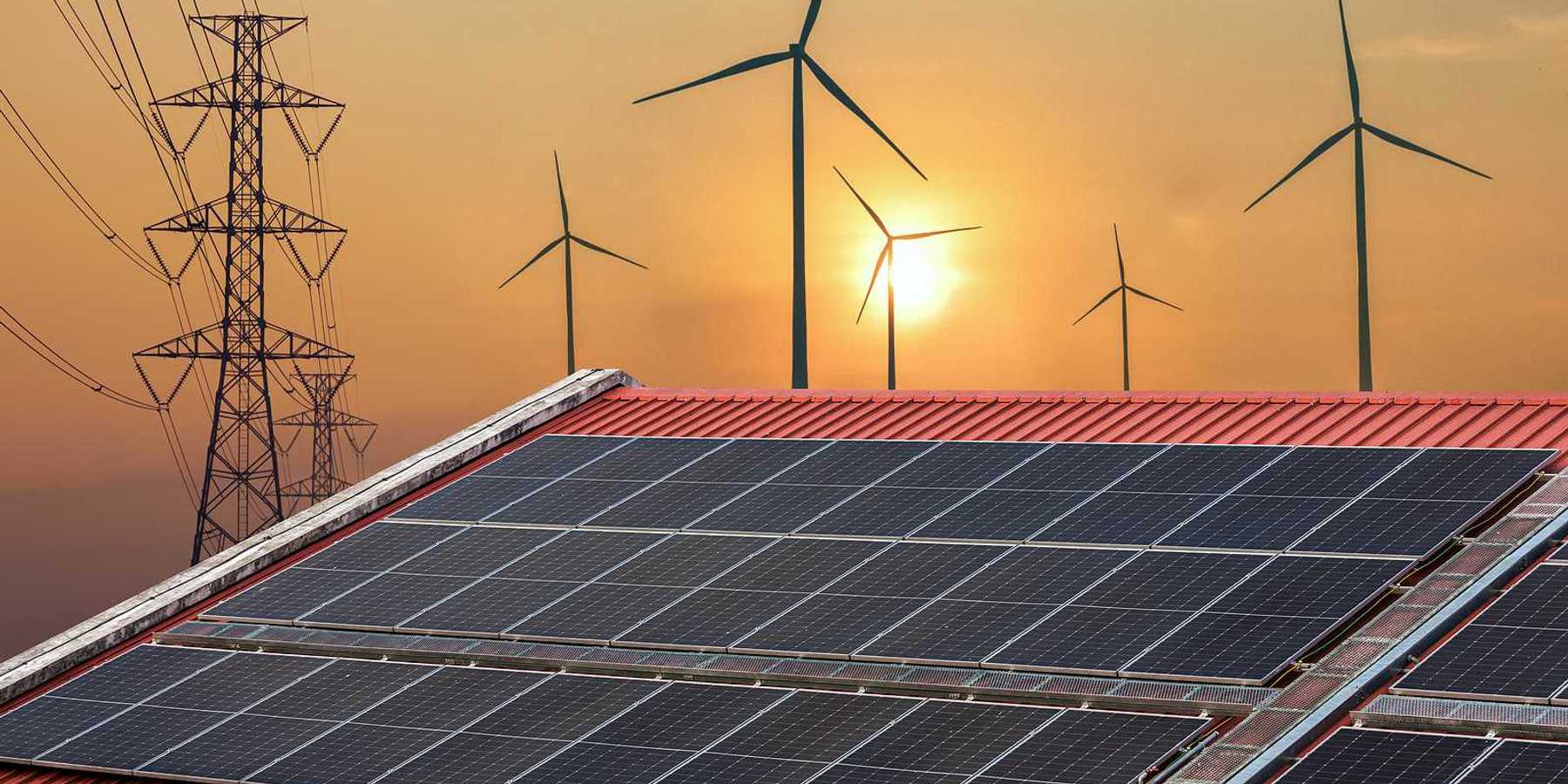Human activities are increasing pandemic risks, new study finds
A recent study highlights how human-induced environmental changes are amplifying the spread of diseases, posing potential pandemic threats.
Scott Dance reports for The Washington Post.
In short:
- The research examines various environmental factors like pollution, hunting, and climate change, and their combined effects on disease proliferation.
- Key findings indicate that disruptions in biodiversity, largely due to human activities, make ecosystems more susceptible to parasites and diseases.
- The study compiles extensive data from various species and pathogens to underscore a global increase in disease risks due to environmental degradation.
Key quote:
“This adds to a very long list of reasons we should be rapidly moving away from fossil fuels and trying to mitigate the impacts of climate change.”
— Felicia Keesing, professor at Bard College, whose research focuses on biodiversity and disease risks
Why this matters:
Healthy, diverse ecosystems often act as buffers against the spread of diseases. Species-rich areas, for instance, contain a variety of hosts that can dilute the impact of pathogens. However, when biodiversity is compromised — through deforestation, pollution, and climate change — these natural checks on disease diminish, and pathogens can spread more rapidly and widely.













